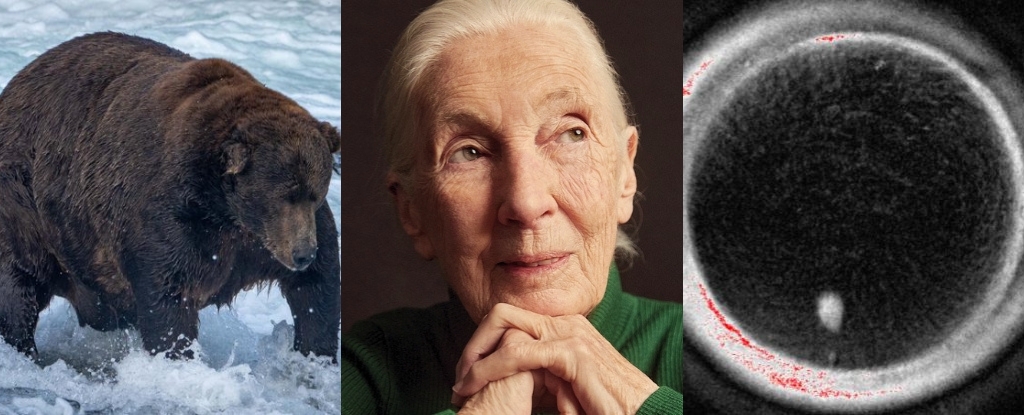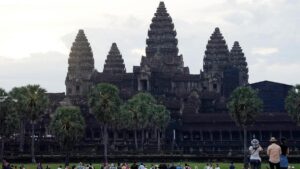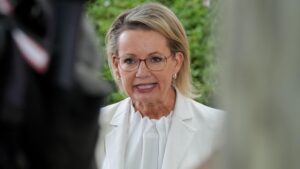
The scientific community mourns the loss of renowned primatologist Jane Goodall, who passed away at the age of 91. Goodall’s groundbreaking research on chimpanzees transformed the understanding of these animals and underscored the importance of emotion and advocacy within scientific inquiry. Her work paved the way for a deeper appreciation of both animal and human behavior, leaving a lasting legacy in environmental sciences.
Fertility Advances and New Insights
In addition to reflecting on Goodall’s contributions, this week saw significant advancements in fertility treatments. Researchers have identified new biomarkers for rheumatoid arthritis, which may allow for earlier interventions before symptoms escalate. The study emphasizes that the inflammatory process associated with rheumatoid arthritis begins well before noticeable joint inflammation, suggesting a need for preemptive treatment strategies.
Moreover, a team of scientists has successfully created human egg-like cells from skin cells, potentially revolutionizing fertility options. Ying Cheong, a fertility specialist at the University of Southampton, noted that while this research is still in its early stages, it could lead to new avenues for understanding infertility and miscarriages, offering hope to those facing reproductive challenges.
NASA’s Technological Milestones and Wildlife Competitions
In space exploration, NASA has received the final laser data transmission from the Psyche probe, part of an effort to test its Deep Space Optical Communications system. According to Clayton Turner, associate administrator of NASA’s Space Technology Mission Directorate, the technology has demonstrated data rates comparable to household broadband internet, showcasing capabilities at unprecedented distances.
Meanwhile, a lighter note emerged from Alaska, where the winner of the annual Fat Bear Week competition was announced. Chunk, a bear weighing over 544 kilograms, claimed the title despite recovering from a broken jaw earlier in the summer. This celebration of wildlife highlights the connection between nature and community engagement.
A new study from Stanford University suggests that autism and schizophrenia may be natural by-products of the evolution of human intelligence. Alexander Starr, a neuroscientist involved in the research, indicated that some genetic changes contributing to human cognitive abilities also promote neurodiversity.
As the week unfolds, these stories underscore both the enduring impact of significant figures like Jane Goodall and the exciting developments on the frontiers of science, from health innovations to space exploration.







